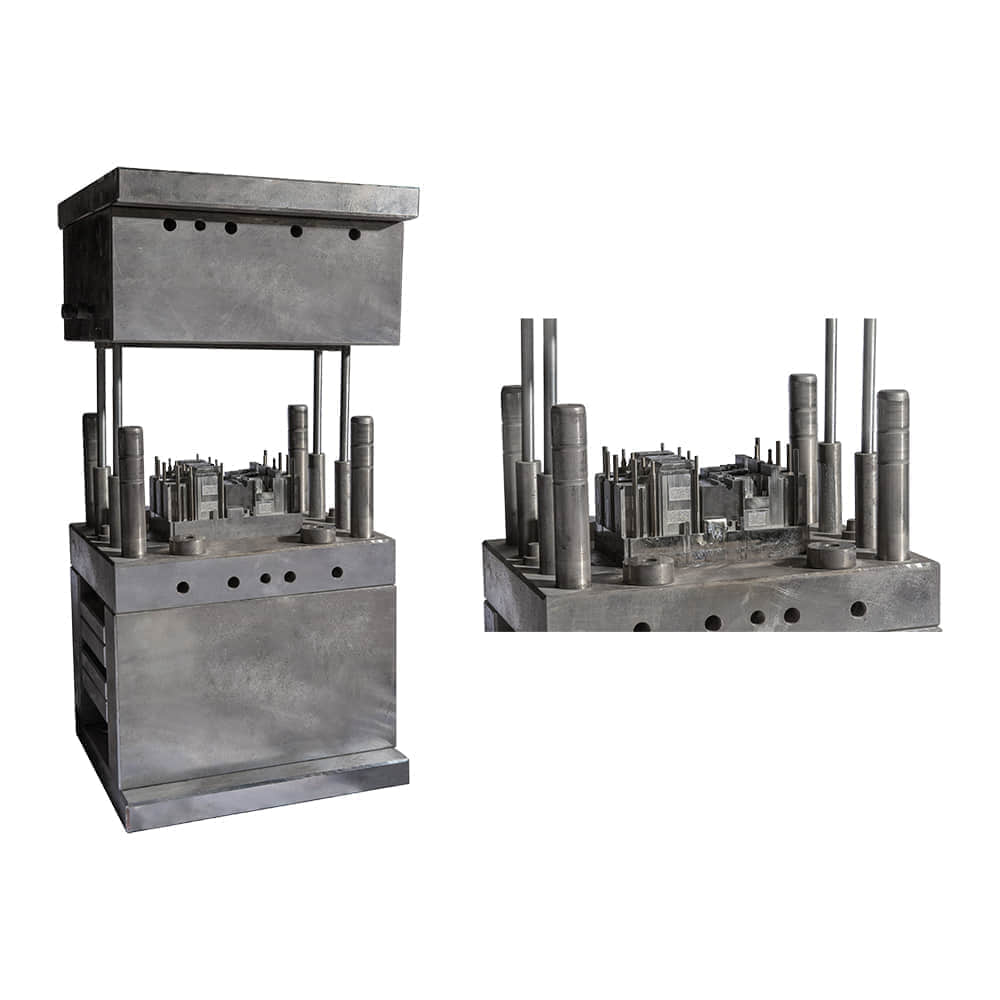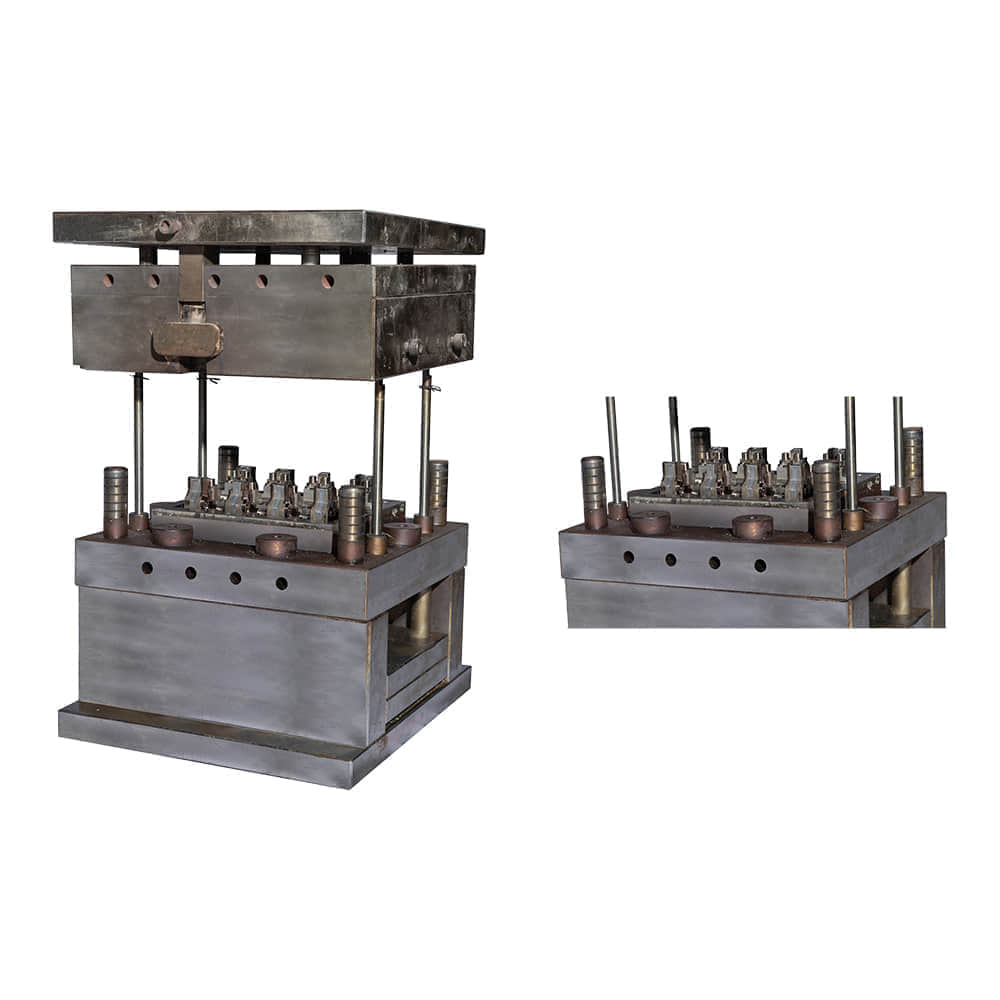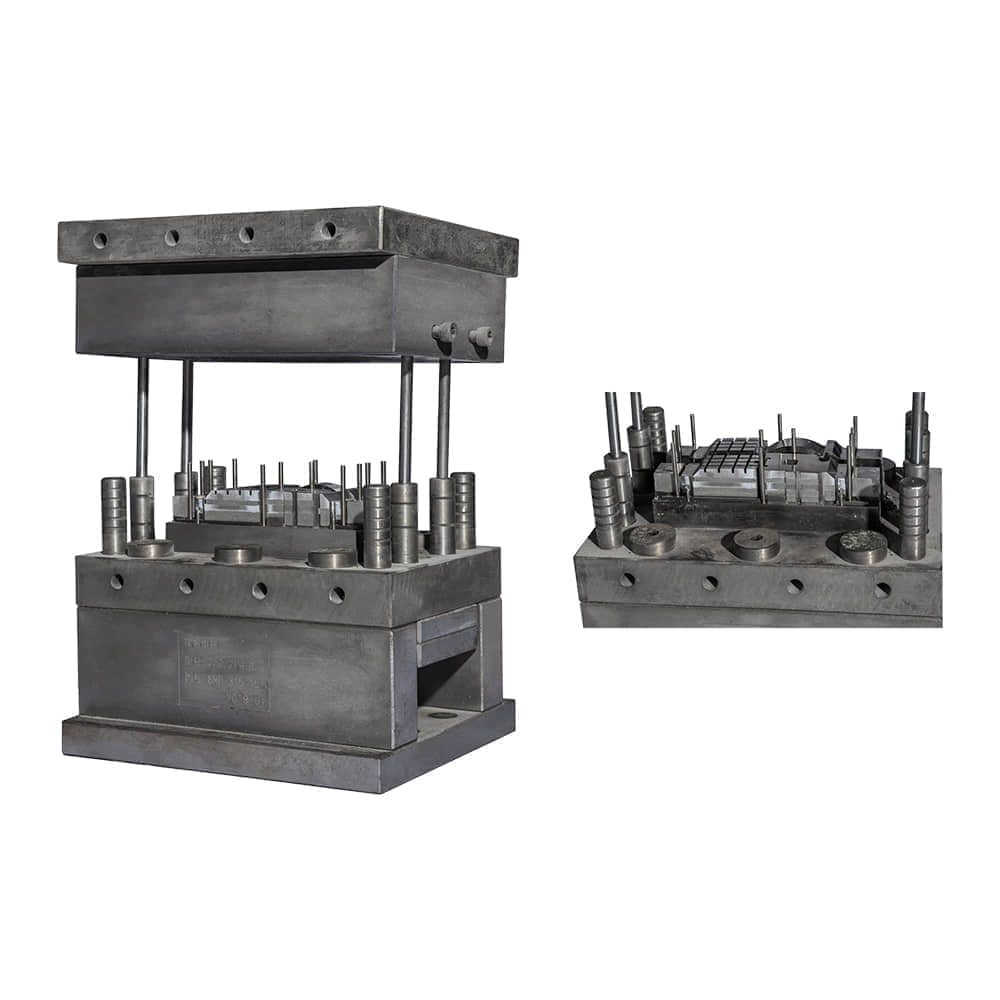SMC molding, an acronym for Sheet Molding Compound, represents a significant evolution in the field of modern manufacturing. This process involves the compression molding of a pre-impregnated fiberglass sheet, which is then cut into the desired shape and placed into a heated mold to create a solid part. SMC molding offers numerous advantages that have made it a preferred choice in various industries, including automotive, aerospace, and construction.

The key advantage of SMC molding lies in its ability to produce strong, lightweight parts with high dimensional accuracy. The material used in SMC is a composite of reinforced fibers and a thermoplastic or thermosetting resin, which gives it exceptional strength and stiffness. At the same time, its lightweight nature reduces the overall weight of the finished product, leading to improved fuel efficiency and reduced environmental impact.

Moreover, SMC molding offers a high degree of design freedom. Manufacturers can create complex shapes and contours that would be difficult or impossible to achieve with traditional manufacturing methods. This flexibility allows for the creation of innovative and customized designs that meet the specific needs of various industries. The automotive industry has been a significant beneficiary of SMC molding technology. Automotive manufacturers have used SMC to produce exterior body panels, interior trim pieces, and even engine components. The material’s lightweight nature and high strength-to-weight ratio contribute to improved fuel efficiency and vehicle performance. Additionally, SMC’s corrosion resistance and durability make it ideal for use in exterior applications where exposure to the elements is a concern.
